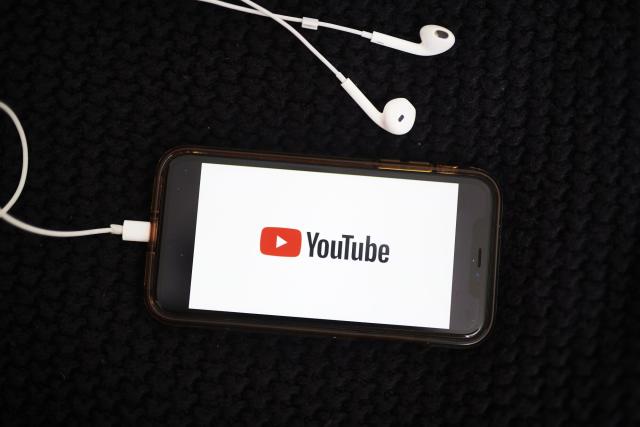
On Friday, June 2, YouTube announced that it would stop censoring material that erroneously asserts that the 2016 US presidential election was marred by “fraud, errors, or glitches.” Opponents of false information criticized the judgment.
The YouTube announcement marks a notable divergence from the platform’s policy, which was put into effect in December 2020. Youtube is owned by Google. The goal of the policy was to stop rumors concerning the 2020 elections. Trump, who was president at the time, promoted the majority of these. He had asserted that the 2020 US Presidential Election saw massive voter fraud.
The aim of the YouTube policy was to stop rumors concerning the 2020 elections
The YouTube announcement marks a notable divergence from the platform’s policy, which was put into effect in December 2020. Youtube is owned by Google. The goal of the policy was to stop rumors concerning the 2020 elections. Trump, who was president at the time, promoted the majority of these. He had asserted that the 2020 US Presidential Election saw massive voter fraud.
“The ability to openly debate political ideas, even those that are controversial or based on disproven assumptions, is core to a functioning democratic society — especially in the midst of election season,” YouTube said in a blog post.
“We will stop removing content that advances false claims that widespread fraud, errors, or glitches occurred in the 2020 and other past US presidential elections.”
The revised rule is effective immediately. It has been presented at a time when tech companies are struggling with the crucial problem of battling fake news without restricting free speech.
Many experts disapprove of YouTube’s new policy
“Two years, tens of thousands of video removals, and one election cycle later, we recognized it was time to reevaluate the effects of this policy in today’s changed landscape,” the video-sharing giant said.
“In the current environment, we find that while removing this content does curb some misinformation, it could also have the unintended effect of curtailing political speech without meaningfully reducing the risk of violence or other real-world harm.”
Many people disapprove of YouTube’s new policy.
“YouTube is dead wrong in its assertion that removing false election content curtails political speech without meaningfully reducing real-world harms,” said Nora Benavidez, from the nonpartisan group Free Press.
“Its dangerous decision to immediately stop removing content… which continues to sow hate and disinformation that threatens our democracy must be reversed immediately.”
The platform emphasizes the continuity of its other guidelines against election propaganda. Content that misleads or incites individuals to tamper with democratic processes is among those that are prohibited.
“YouTube was one of the last major social media platforms to keep in place a policy attempting to curb 2020 election misinformation,” said Julie Millican, vice president of the left-leaning watchdog Media Matters.
“Now, it’s decided to take the easy way out by giving people like Donald Trump and his enablers free rein to continue to lie without consequence about the 2020 elections.”






